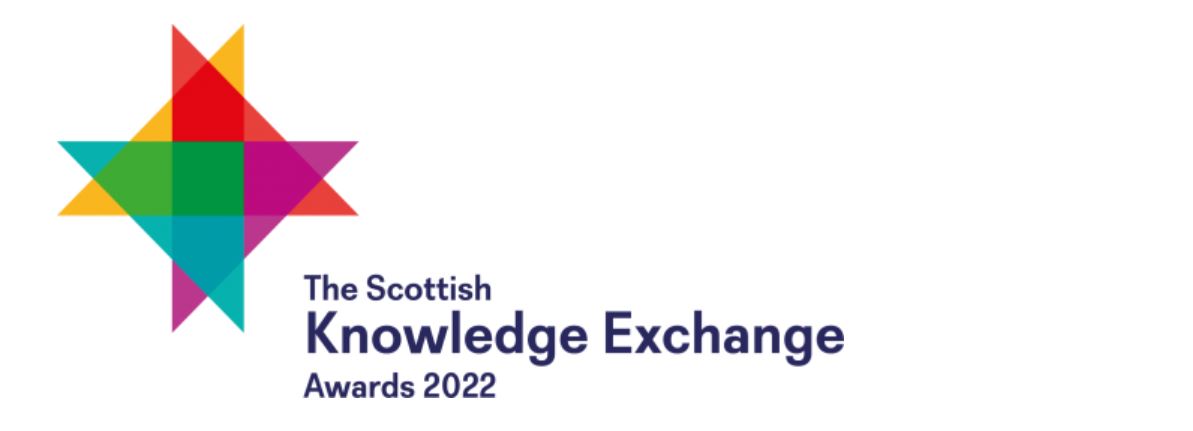Published:

Organised annually by Interface, the awards mark the biggest celebration of business and academic knowledge exchange in Scotland, showcasing the achievements of collaborative partnerships and individuals alike.
Announced during an online celebration of game-changing innovation, Ivan McKee, Minister for Business, Trade, Tourism and Enterprise, said: “I would like to congratulate the winners for showing the ingenuity, industry and creativity that is essential in achieving success.
“Scotland has world-class universities, with businesses looking to draw on that knowledge to develop, test and research new products, processes and services. By bringing the two partners together, we can solve some of our biggest challenges, such as driving recovery from COVID-19, supporting the transition to net zero and delivering inclusive growth.”
The winning Heriot-Watt projects are:
COVID-19 Collaborative Response
Abergower Digital Ltd, Glasgow, Heriot-Watt University and partners including the Scottish Manufacturing Advisory Service for developing the first Scottish-made 3D COVID-19 swab for PCR tests with high accuracy, nose-only application. The collaboration resulted in a swab with a unique helix design tip which captured more material, giving a more definitive test result and the establishment of production in the UK future-proofing supplies.
Innovation of the Year
Celestia UK, Edinburgh, and Heriot-Watt University for developing eScan, with unique electronic scanning multi-beam antenna to simultaneously communicate data from hundreds of low-orbit satellites to ground stations. By solving bandwidth issues for the satellite communications market, the product offers huge potential for application in many areas, for example 5G, remote rural broadband infrastructure and aircraft.
Multiparty Collaboration
The Nano Safety Research Consortium with Heriot Watt University, academic and industrial partners in Scotland and Europe, including University of Edinburgh, Institute of Occupational Medicine, Yordas Ltd and BASF SE, for addressing important gaps in knowledge about nanotechnology including safety testing, influencing the content of national regulations and promoting the responsible and sustainable development of nanotechnology to ensure that the benefits promised by this new technology can be realised safely.
Dr Siobhán Jordan, former Director of Interface, who established the organisation in 2005, also received an award for her Outstanding Contribution to knowledge exchange.
And Laura Goodfellow, Interim Director, Interface, said: “I am delighted that the appetite for businesses to partner with academics shows no signs of decreasing; if anything, the last two years have brought more ideas to the fore and driven an upturn in the number of companies and organisations Interface has supported.”